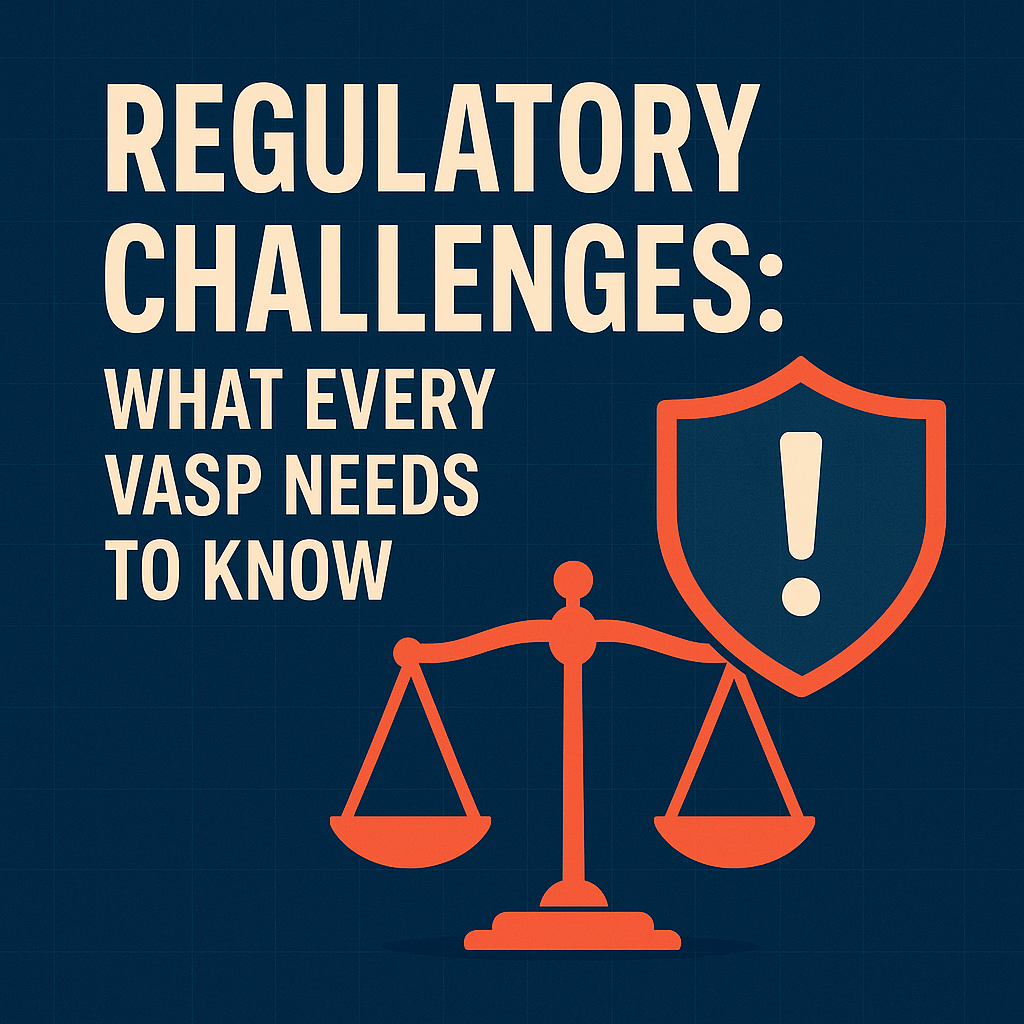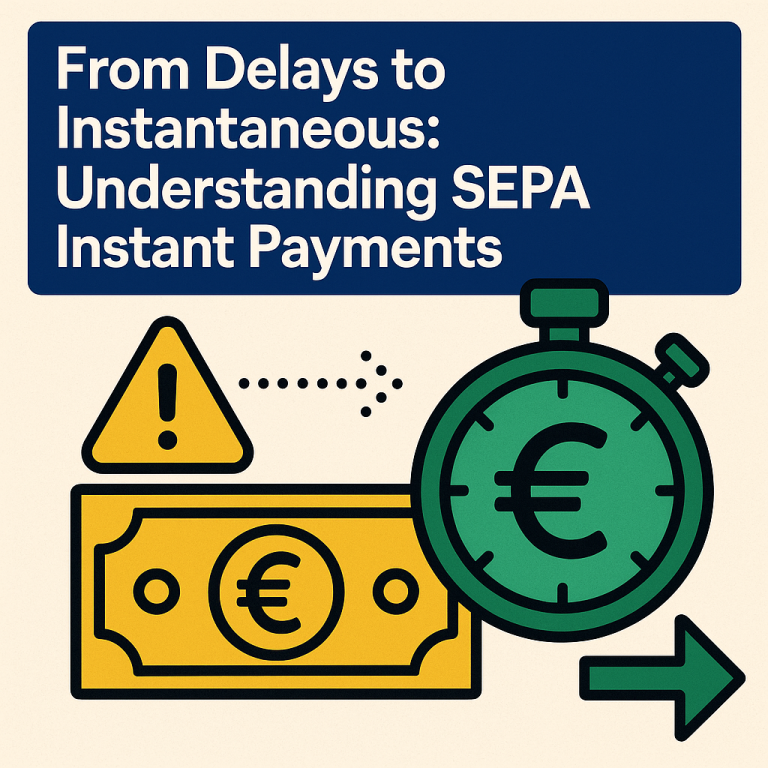
In the rapidly evolving landscape of digital finance, Virtual Asset Service Providers (VASPs) face a myriad of regulatory challenges. Understanding these challenges is crucial for compliance and success within this space.
Understanding VASPs
VASPs are entities providing services related to virtual assets, including exchanges, wallets, and brokerages. As these services grow, so does the scrutiny from regulators worldwide, requiring VASPs to navigate a complex and often ambiguous regulatory environment.
Key Regulatory Challenges
1. Compliance with AML and KYC Regulations
One of the primary challenges for VASPs is adhering to Anti-Money Laundering (AML) and Know Your Customer (KYC) regulations. Regulatory bodies mandate that VASPs implement robust procedures to verify customer identities and monitor transactions.
2. Geographical Variation in Regulation
The regulatory landscape varies significantly across jurisdictions. VASPs operating internationally must adapt to different legislative frameworks, which can lead to confusion and compliance challenges. Understanding local laws is essential for mitigating risks.
3. Licensing Requirements
Many jurisdictions now require VASPs to obtain specific licenses to operate legally. Failing to secure the necessary licenses can lead to significant penalties or operational shutdowns, emphasizing the importance of regulatory diligence.
4. Data Privacy Concerns
With increased data collection comes the responsibility to protect customers’ personal information. Regulations, such as the General Data Protection Regulation (GDPR) in Europe, necessitate that VASPs implement stringent data protection measures, balancing accessibility with privacy.
5. Tax Compliance
Tax obligations regarding cryptocurrency transactions are still evolving. VASPs must be aware of their obligations in different jurisdictions, including reporting standards and tax treatment of digital assets, to avoid costly penalties.
Related Searches
- VASP compliance requirements
- AML regulations for crypto exchanges
- KYC processes in digital assets
- International VASP regulations
- Data protection in cryptocurrency
Frequently Asked Questions (FAQ)
What is a Virtual Asset Service Provider (VASP)?
A VASP is an entity that facilitates the exchange, transfer, or holding of virtual assets such as cryptocurrencies.
Why are AML and KYC important for VASPs?
These measures help prevent money laundering and fraud, protecting both consumers and the integrity of the financial system.
How do geographical regulations impact VASPs?
Different countries have unique laws governing virtual assets, requiring VASPs to maintain compliance with local regulations to operate legally.
What are the common licensing requirements for VASPs?
Licensing typically involves submitting applications, providing detailed business plans, and undergoing background checks.
How can VASPs ensure data privacy?
VASPs can implement strong cybersecurity measures and ensure compliance with data protection regulations, such as GDPR.
Conclusion
Compliance is paramount for VASPs navigating the complex regulatory landscape. By understanding and addressing these challenges, VASPs can build a solid foundation for growth and sustainability in the digital asset space.
Engaging with legal experts and staying updated on regulatory changes is essential to thriving within this dynamic environment.
#Regulatory #Challenges #VASP

